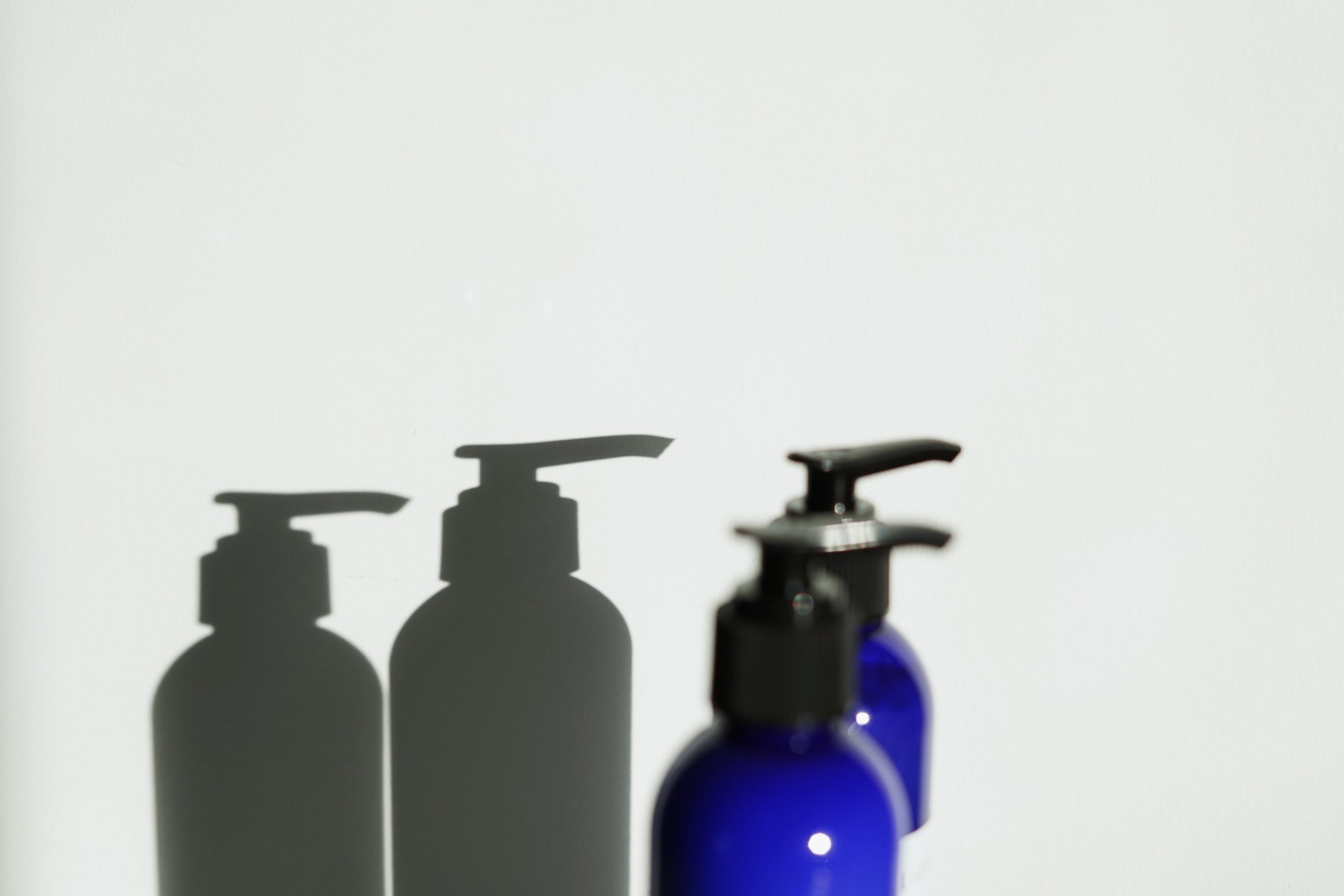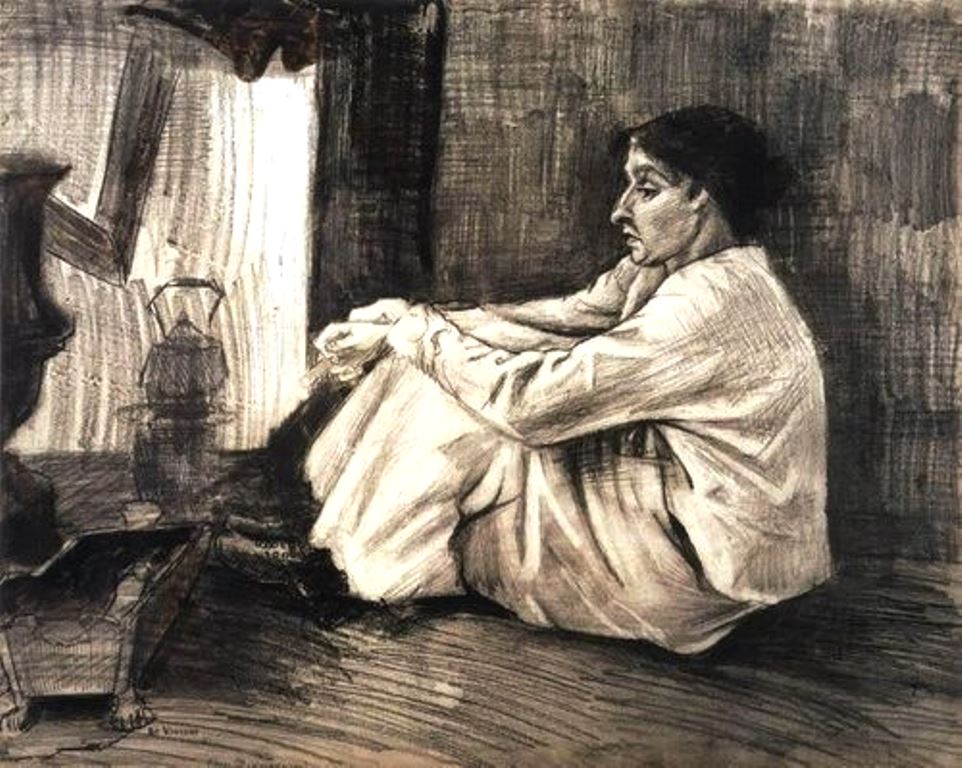No Poo
“The No Poo movement”; no, neither does this movement incentivize people to stop excreting waste i.e. shitting nor is it about cancelling ‘Poo’ from ‘K3G’.
“No Poo” means no shampoo. It’s a philosophy and method of cleaning your hair without traditional shampoo or a collective term for methods of washing hair without using commercial shampoo.
Despite its unfortunate name, there are people rallying behind the notion. ‘No Poo’ as a topic peaked around 2014-15, when celebrities came out one after the other and were going gaga about it. The list includes names like Jessica Simpson, Gwyneth Paltrow, Robert Pattinson and Johnny Depp. Today, thousands of people follow No Poo or Low Poo (reducing the use of shampoo), along with ample loads of articles and youtube videos around it. The topic even has its own forum for people to discuss their questions. Speaking of questions, Would you give up washing your hair forever? Rather, give up shampoo completely?
Why would anyone follow ‘No Poo’? The answer to that is right on your head – Sebum, a waxy, oily byproduct of glands in our scalp which is enough to condition our hair. Shampoos are designed to get rid of sebum labelling it as oily and greasy which leads to our body producing sebum more readily, making the scalp more oily and greasy; and thus leading to use of more shampoo and the cycle continues.
On top of that, most shampoos contain Sulphates like Sodium Lauryl Sulfate (SLS) and Sodium Laureth Sulfate (SLES). These Sulphates are responsible for creating that foamy lather when you mix it with water. “Use of SLS and SLES in shampoos lead to hair being rougher in the long term. Along with this, they strip the scalp and hair of its natural oils leaving an itchy scalp and dry hair”, says Dr. Sushant Shetty, Senior Consultant, Dermatologist from Sunrise Group of Hospitals.
The global shampoo market size was valued at $29.38 Billion in 2019 as per Fortune Business insights and is projected to reach $37.92 Billion by 2027. Asian pacific countries contribute around $10 billion. More and more cosmetic companies are jumping in on the trend with their latest versions of shampoos. In the early 60s, what started as a product targeted towards women to keep their hair glossy has turned into an industry capitalizing on insecurities; and who defined these insecurities? The advertisements.
Humans are social animals, we live and die by what others think of us. We strive to be accepted by the group at any cost. A billion dollar industry standing tall just on just this fundamental, built on ‘what we need to do to be accepted’! The idea of social exclusion being sold on big screens to fuel up some sales is absurd, corporations who use this psychological dynamic to sell more of their stuff have successfully turned hair into a discussion of hygiene and cleanliness.
The purpose of this article is not to tell you how to do No Poo or rate different alternatives of shampoo, but to raise awareness around the hair care market and the existence of No Poo.
Should you try ‘No Poo’? Some want to avoid overly stripping their hair of good and natural oils produced by the scalp. Others want to use fewer unnatural chemicals in their daily routines. And for some people, this means rejecting the commercial pressure to spend more money on hygiene than may actually be necessary. No Poo will work better for some people than others, but it’s relatively low risk if you want to give it a try.




Comments